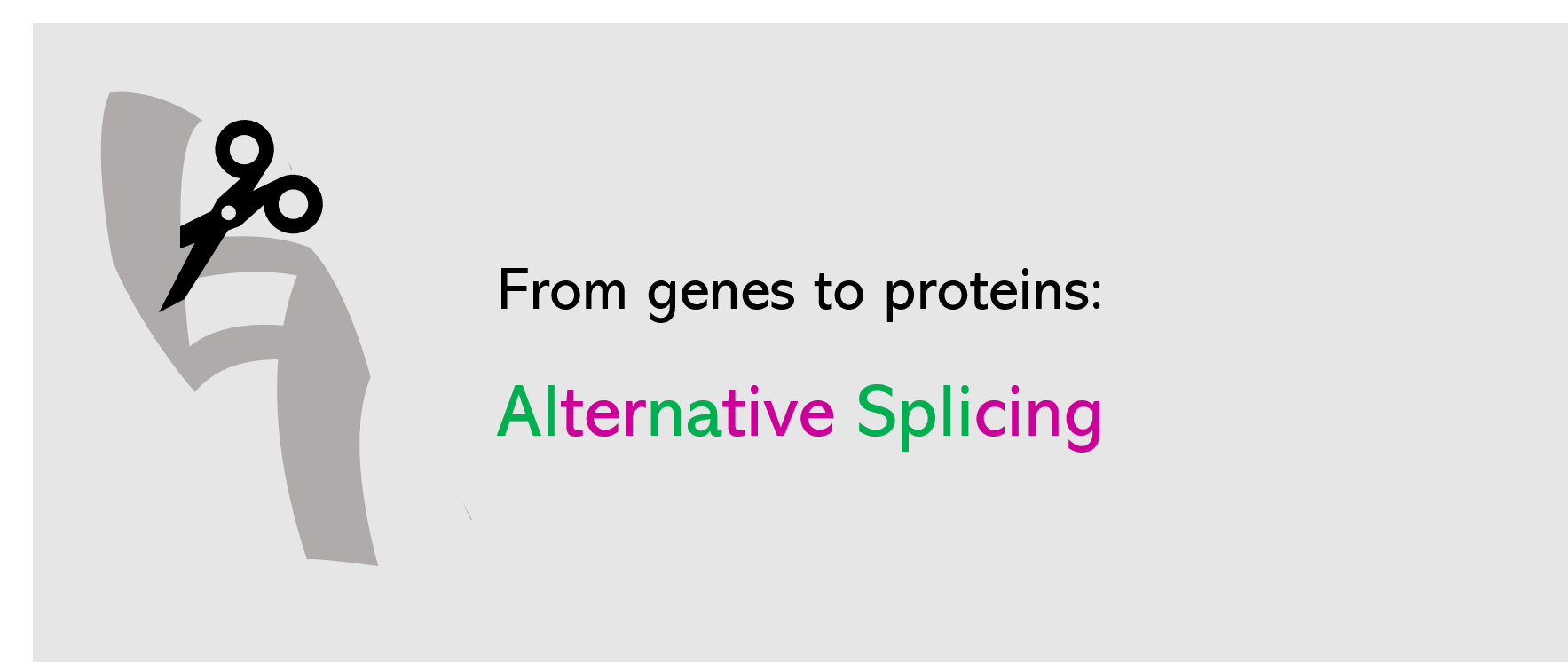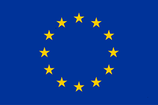|
How are living beings created? Where is all this diversity coming from? Proteins are the building blocks of living organisms. Those small molecules have their own specific function, and work together in a well-orchestrated way to ensure that we can grow, breathe, and keep healthy at all times. In order to function properly, we require a massive number of proteins: one human alone can produce up to 400 000 different types! And yet, our DNA only contains an average of 20 000 to 25 000 genes. It means that genes alone do not account for the diversity of proteins created: the “1 gene -> 1 protein” model we are generally taught is actually a very simplistic representation of a more complex reality. Alternative splicing is one of the twists and turns happening on the journey from a gene to a protein, enabling the creation of several types of proteins from a single gene. What is behind this very science-y term? How does this crucial process work, and why is it so important?
|
About the blogBeing a PhD student in a European training network is a life-changing adventure. Moving to a new country, carrying out a research project, facing scientific (and cultural) challenges, travelling around Europe and beyond… Those 3 years certainly do bring their part of new - sometimes frightening - but always enriching experiences. Categories
All
Archives
December 2021
|



 RSS Feed
RSS Feed

31/3/2021
3 Comments